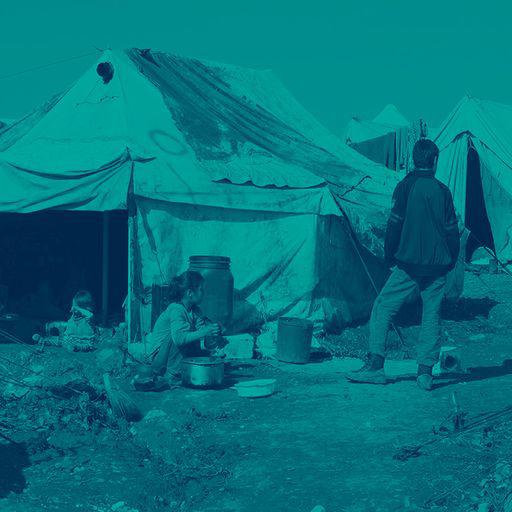Registration
You will receive an email confirming your registration.
The growing crisis in Ukraine is creating millions of refugees. Pressure on aid budgets that were already stretched by Covid-19, and dwindling political bandwidth, is likely to have a knock-on impact on Syria's more-than 6.5m million refugees and 6 million internally displaced persons. As Syria's conflict enters its eleventh year, conditions inside the country and across the region continue to decline, with push factors leading to displacement increasing, while the conditions inside the country remain unchanged. According to multiple reports documenting the abuse of returnees, conditions remain wholly unsuitable for a safe, dignified, and voluntary return. Despite this, upcoming parliamentary elections in Lebanon and Turkey are fostering an environment increasingly amenable to anti-refugee rhetoric, which is generating pressure for a refugee return. This is then communicated to humanitarians working across the region who must walk the line between rights and a challenging operational environment. Syria's political process is not immune from a discussion of a refugee return, with UN Special Envoy Geir Pedersen continuing to mention the need to facilitate returns during his Security Council briefings. Fewer resources, declining conditions, a political stalemate in Syria, and increased pressure on refugees themselves, mean that the issue of a refugee return to Syria will be increasingly troubled.
The Malcolm H. Kerr Carnegie Middle East Center and the European Institute of Peace would like to cordially invite you to a public panel that will unpack some of the practical, policy, and political challenges that surround a refugee return to Syria and look at what can be done to ensure the proper conditions for a safe and voluntary return.
Join us on Monday, April 11 from 16:00 till 17:30 Beirut time for a panel discussion with Mohanad Al Hosaini, Emma Beals, Nadia Harman, Nadine Kheshen, Armenak Tokmajyan and Maha Yahya. The discussion will be held in English. Viewers may submit their questions for the panelists using the live chat feature on Facebook and YouTube during the event.
For more information, please contact Josiane Matar at josiane.matar@carnegie-mec.org.
